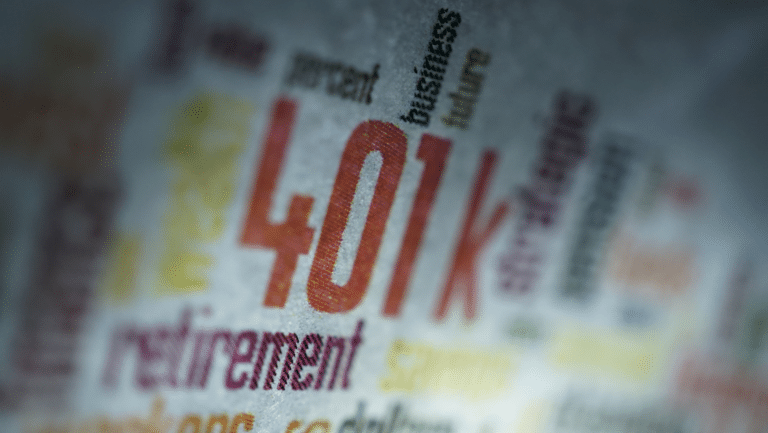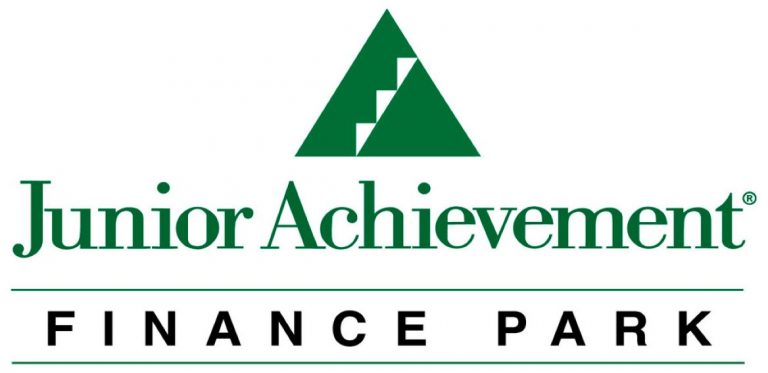The Paycheck Protection Program – For Small Business Owners
Self-employed individuals and small businesses account for a large portion of our country’s economy and are often the ones suffering the hardest hits during a pandemic. On March 27, 2020, President Donald Trump signed the Coronavirus Aid, Relief, and Economic Security (CARES) Act into law, allocating funding to support the U.S. economy and workers through…










